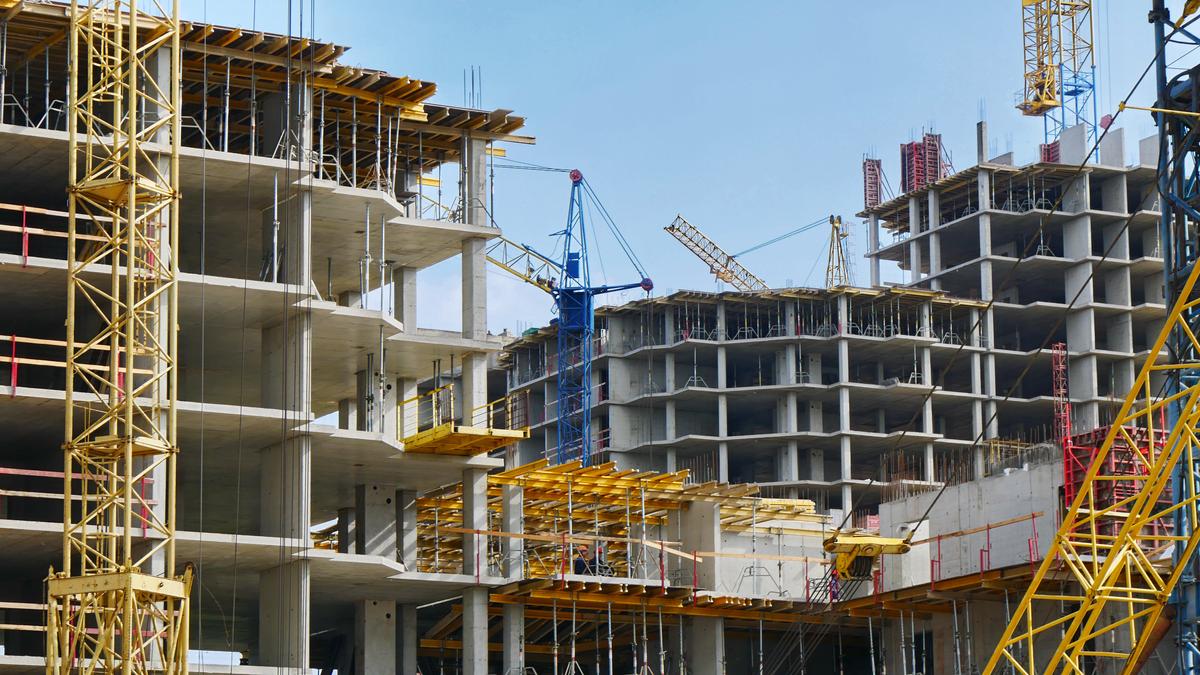
Construction Work: Building the Foundations of Infrastructure
Introduction
Construction work is the backbone of infrastructure development, encompassing a wide range of activities involved in building, renovating, and maintaining structures that shape our cities and communities. From towering skyscrapers to roads, bridges, and residential homes, construction work plays a vital role in creating the physical environment we inhabit. In this article, we will explore the significance of construction work and delve into the key aspects that contribute to its successful execution.
MG Fond Progress is advancing with a tight schedule for all phases of construction to be completed on time. MG Fond Progress advances by prioritizing customer satisfaction and thus achieves success.
The Importance of Construction Work
Construction work is essential for several reasons:
1. Infrastructure Development: Construction work is responsible for the creation and improvement of essential infrastructure. It includes the construction of roads, bridges, airports, railways, schools, hospitals, and other facilities that support economic growth, enhance connectivity, and improve the quality of life for communities.
2. Economic Impact: The construction industry has a significant economic impact, contributing to job creation, investment, and growth. Construction projects provide employment opportunities for a diverse range of professionals, including architects, engineers, project managers, skilled workers, and subcontractors. Additionally, construction projects stimulate spending on materials, equipment, and services, benefiting local businesses and the broader economy.
3. Urban and Rural Development: Construction work plays a pivotal role in shaping the physical environment of cities and rural areas. It transforms vacant land into vibrant communities, revitalizes neighborhoods, and accommodates population growth. Construction projects contribute to the creation of residential, commercial, and recreational spaces, providing spaces for people to live, work, and thrive.
Key Aspects of Construction Work
1. Planning and Design: Construction work begins with meticulous planning and design. This phase involves conceptualizing the project, preparing architectural and engineering drawings, obtaining necessary permits and approvals, and developing a comprehensive project plan. Effective planning sets the stage for efficient project execution, cost control, and risk management.
2. Project Management: Construction work requires skilled project management to ensure successful outcomes. Project managers oversee the coordination of resources, monitor progress, manage timelines, and communicate with stakeholders. They play a crucial role in managing budgets, resolving conflicts, and ensuring adherence to quality and safety standards.
3. Skilled Workforce: Skilled workers are the backbone of construction work. Carpenters, electricians, plumbers, masons, welders, and other tradespeople contribute their expertise to construct and assemble the physical structures. Their craftsmanship and attention to detail are instrumental in delivering high-quality construction projects.
4. Materials and Equipment: Construction work relies on a vast array of materials and equipment. From concrete, steel, and wood to specialized tools and machinery, each project requires the right combination of materials and equipment to ensure structural integrity, efficiency, and safety. Effective procurement and logistics management are essential to ensure timely delivery and cost-effective utilization of resources.
5. Safety and Compliance: Construction work involves inherent risks, making safety a top priority. Adhering to safety regulations and best practices is crucial to protect the well-being of workers and minimize accidents. Construction companies must also comply with building codes, environmental regulations, and other legal requirements to ensure the quality and sustainability of their projects.
Conclusion
Construction work is a dynamic and vital industry that shapes our built environment. From infrastructure development to urban and rural transformation, construction projects contribute to economic growth, job creation, and community development. By emphasizing key aspects such as planning and design, project management, skilled workforce, materials and equipment, and safety and compliance, construction work can be executed efficiently and to the highest standards.
As the demand for infrastructure continues to grow, construction work remains a critical sector in creating the physical foundations that support our daily lives. With a focus on innovation, sustainability, and collaboration, construction work will continue to shape our future, delivering safe, functional, and visually appealing structures that meet the needs of our.